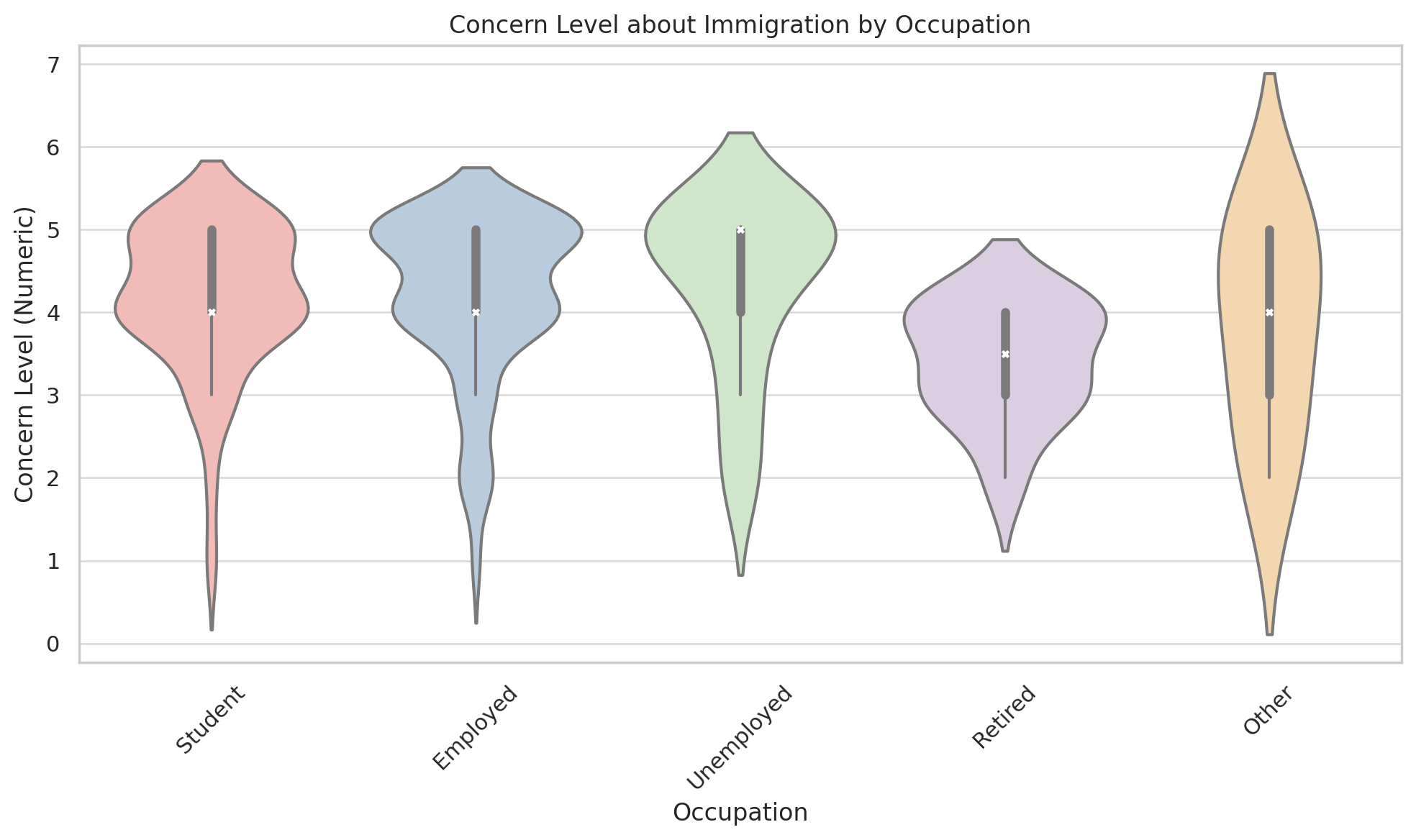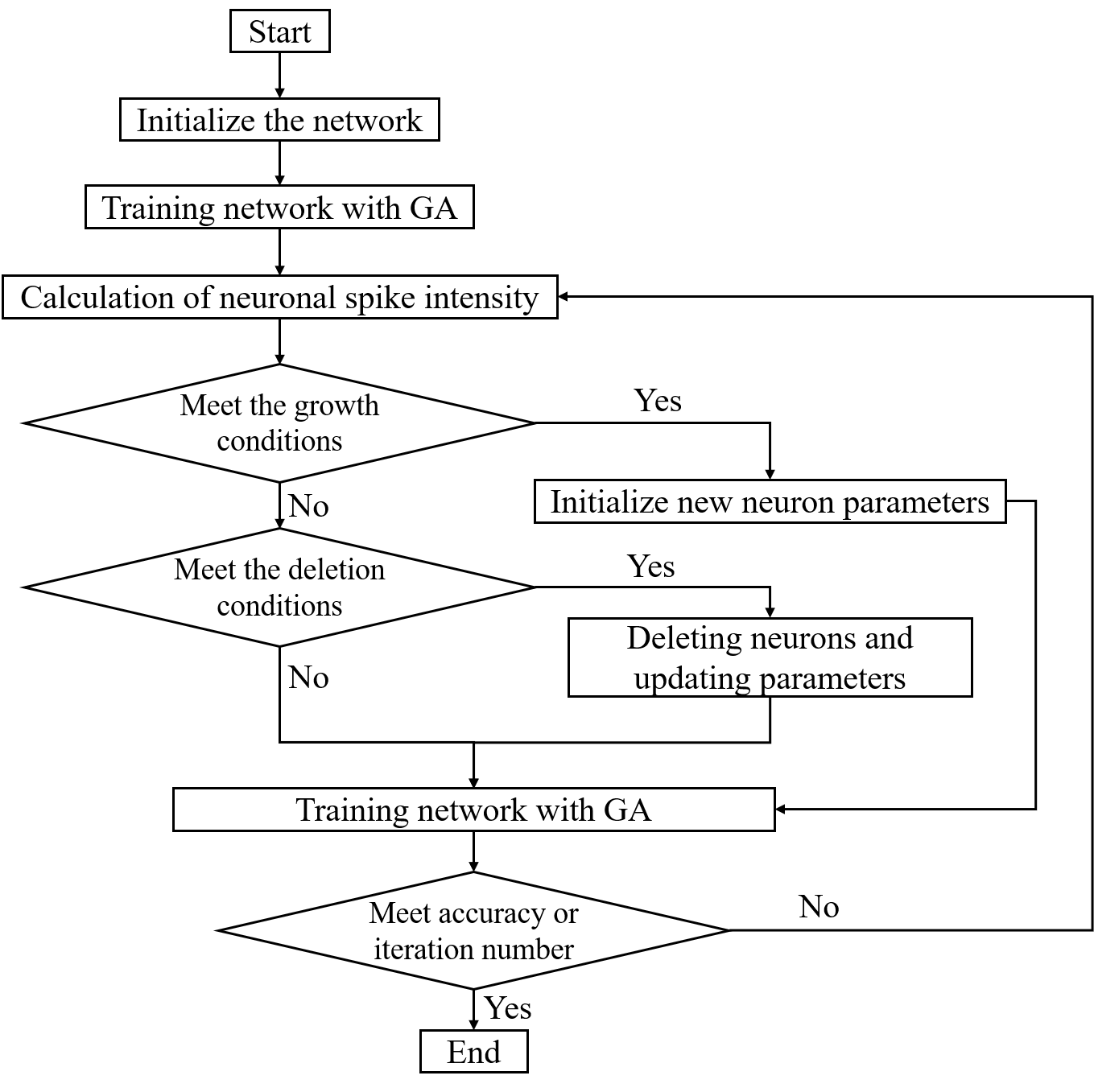 An open access journal
An open access journal
The Future of Space Exploration: Colonizing Other Planets and Beyond
Abstract
The future of space exploration holds the promise of human colonization of other planets and venturing beyond our solar system. This paper explores the significance of space colonization, emphasizing its role in interstellar travel, terraforming, and sustainable habitats. It delves into various aspects, including propulsion technologies, exoplanet research, and bio-regenerative life support systems. The discussion includes the benefits of space colonization, such as ensuring the survival of humanity, resource diversification, and scientific discoveries. Moreover, the paper addresses the challenges and considerations in achieving sustainable space habitats, including radiation shielding and closed-loop ecosystems. Through a review of space colonization projects and visionary concepts, the study highlights the positive outcomes associated with the ambitious goal of becoming an interplanetary species.
Share and Cite
Article Metrics
References
- Cameron, A. G. W. (1985). The need for an interdisciplinary approach to the problem of the colonization of space. Acta Astronautica, 12(12), 1027-1031.
- Hein, A. M., Pak, S., & Putz, D. (2012). The role of teleoperation in future human space exploration. Astrobiology, 12(1), 9-17.
- Lammer, H., Breuer, D., & Spohn, T. (2009). Planetary habitability: Lessons learned from terrestrial analogues. Astronomy & Astrophysics, 504(1), 1-4.
- Oleson, S. R., & Hendrix, D. A. (2010). Closing the life support loop for long-duration space missions. Gravitational and Space Research, 18(2), 37-45.
- Zubrin, R. (2013). The Case for Mars: The Plan to Settle the Red Planet and Why We Must. Simon and Schuster.






